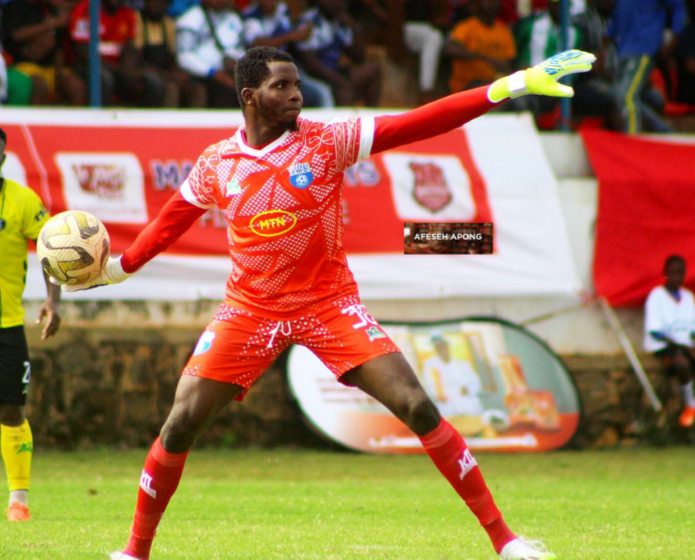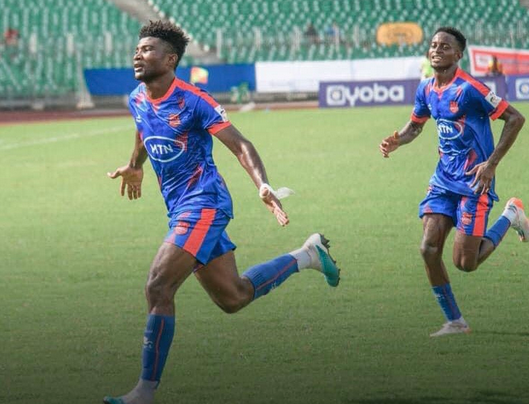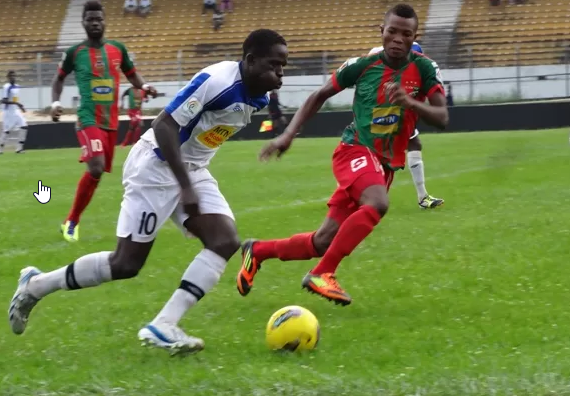The International Football Association Board (IFAB) has approved a groundbreaking new rule to tackle one of the sport’s most frustrating issues—goalkeeper time-wasting. Starting from the 2025/26 season, goalkeepers holding the ball for more than eight seconds will concede a corner kick to the opposition.
This radical change replaces the long-standing six-second rule, which was often ignored by referees and goalkeepers alike. The new enforcement aims to maintain the tempo of matches and prevent excessive stalling tactics.
Why the Change?
For years, goalkeepers have been subtly stretching the six-second rule, often holding onto the ball for 15-20 seconds without consequences. Research from top leagues worldwide, including the Premier League and La Liga, shows that goalkeepers routinely delay play beyond the legal limit, frustrating fans and players alike.
The IFAB believes awarding a corner kick will serve as a stronger deterrent than the previous punishment—an indirect free-kick—which rarely impacted match outcomes. This adjustment aligns with recent efforts to minimize stoppages and ensure a fairer, more dynamic spectacle.
How Will It Work?
Referees will assist goalkeepers by using a visual countdown, alerting them when they reach the final five seconds of their eight-second limit. Should they exceed this time, the opposition will be awarded a corner kick instead of an indirect free-kick, a far more severe consequence.
Impact on the Game
This rule change could significantly alter goalkeeping strategies. No longer will keepers be able to run down the clock comfortably. Instead, they will have to think and distribute the ball faster, increasing the pace of play and forcing teams to adapt their build-up strategies.
Additionally, fans can expect fewer frustrating moments of time-wasting in tightly contested matches. Late-game scenarios, where goalkeepers deliberately slow down play to protect a lead, will now carry greater risk.
A Step Toward a Fairer, Faster Game
This new rule is part of broader reforms being considered by IFAB to improve football’s flow and integrity. Other proposals under discussion include changes to offside laws and the use of body cameras for referees.
As this new rule prepares for implementation, teams will need to adjust their tactics accordingly. Goalkeepers will have to refine their decision-making, while outfield players may look to press higher, knowing that hesitation from the keeper could cost their team a corner.
With trials already showing positive results, this change promises to reshape how teams approach game management. As the 2025/26 season approaches, all eyes will be on how goalkeepers adapt to this significant shift in football’s laws.
What Do You Think?
Will this rule improve the game, or will it create new controversies? Share your thoughts with us as we anticipate how this new development will impact Elite One and football worldwide.







